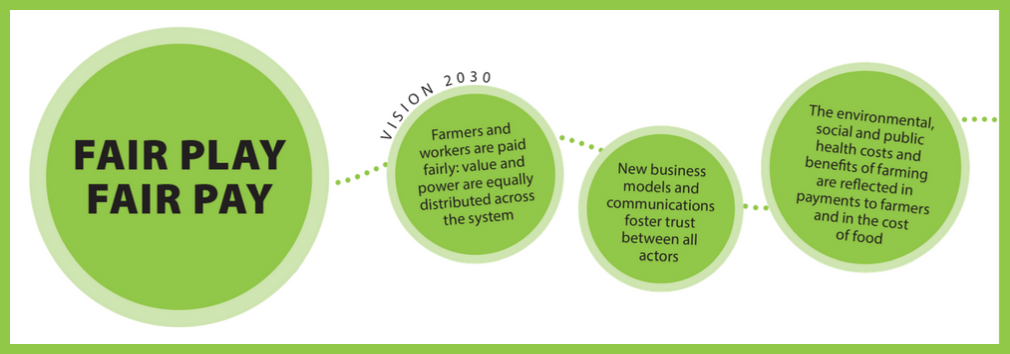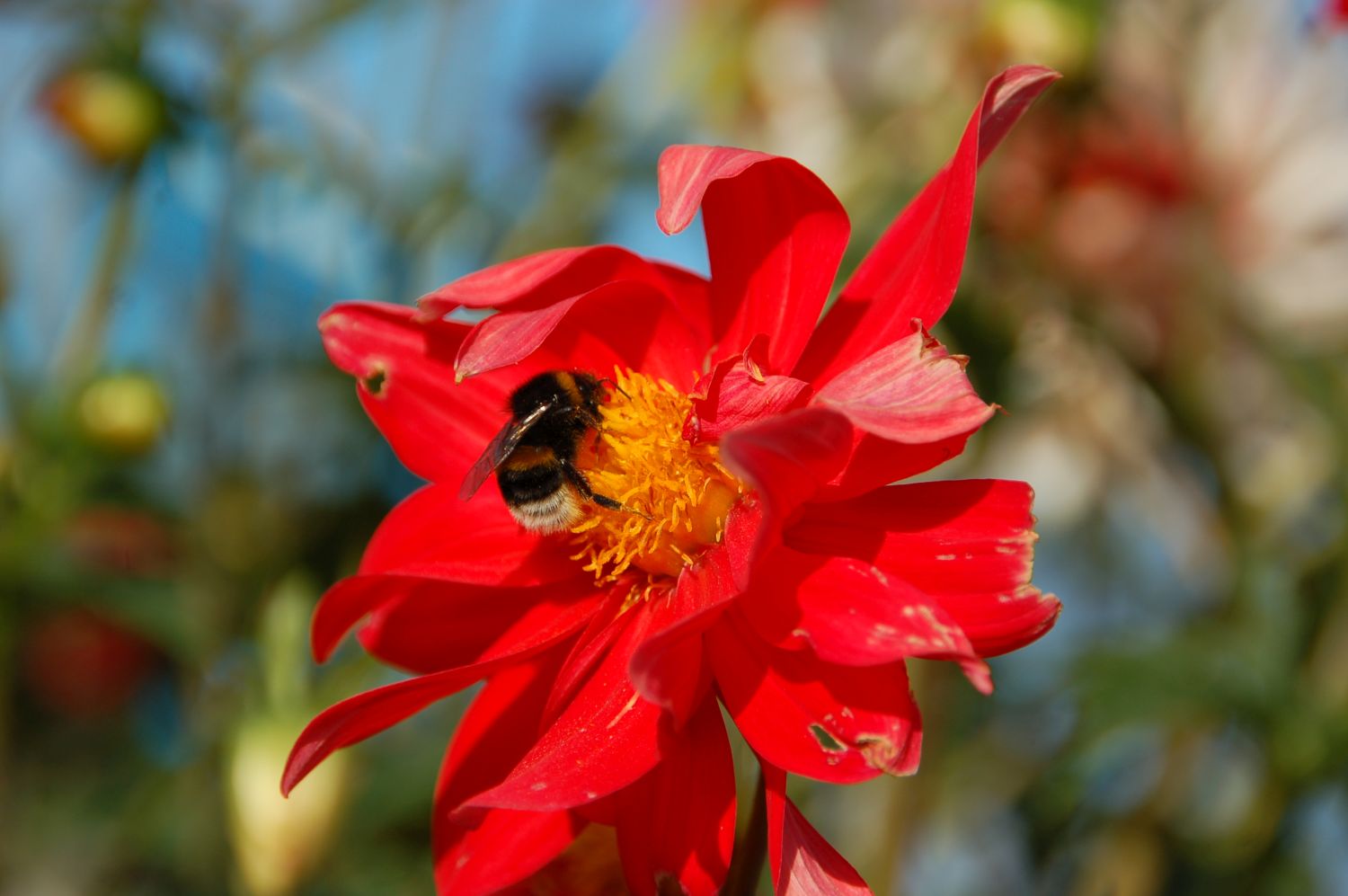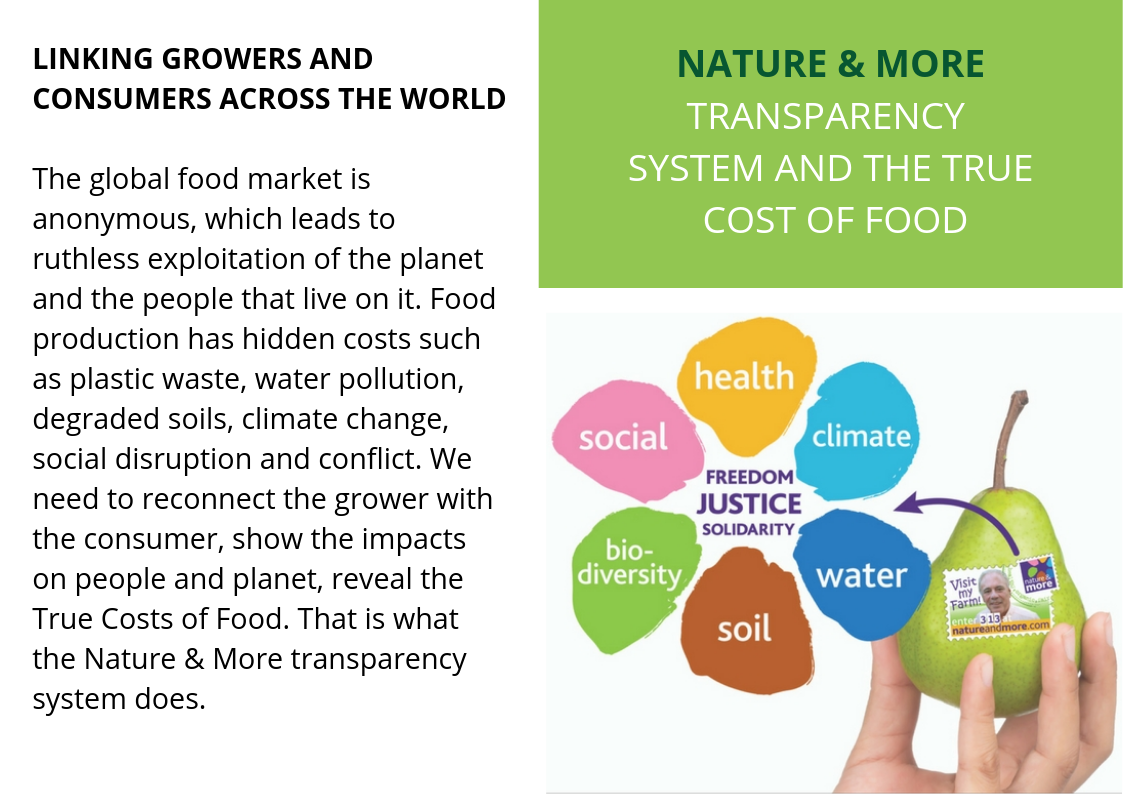Fair play – Fair pay 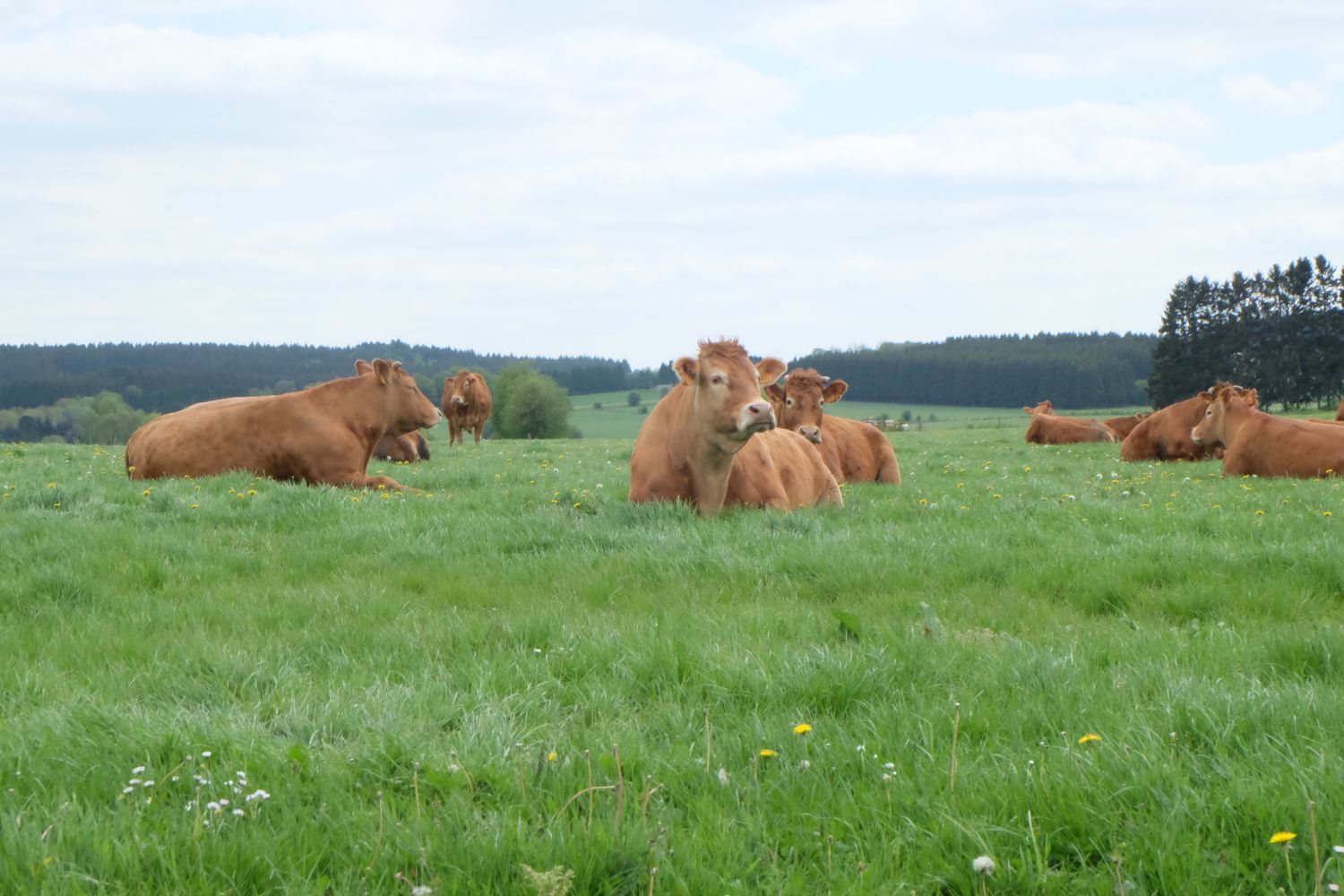
What do we want?
The third pillar of the roadmap to achieve our vision for 2030 is ‘Fair play – Fair pay’. Today is a good time to be organic, since the market has never been bigger and seen a more rapidly growth. As the organic sector is not a niche market anymore, the supply chain actors must play their role to set up fairer and more transparent food systems. For this we need the involvement of all actors along the value chain. From farmers to processors and consumers to certifiers, power and value should be fairly distributed and the costs and benefits of food production products should be accounted for.
To make this a reality we need continuous dialogue between producers, traders, certifiers and distributors as well as new business models and supply chains generating more added value for primary producers. Organic should also capitalise on new technological developments. At the same time, policy-makers have an important role to play in providing the required framework for maintaining the balance in the value chains, accounting for the true costs and benefits of food production and encouraging information exchange and local initiatives.
Get inspired about how you can make Europe more organic by visiting EUorganic2030 and exploring the various initiatives to ensure fair play – fair pay in the organic sector.
What did we do?
Advocating for the true cost of food
Based on the preparatory work we did in 2017, we carried out several activities in 2018 that make the organic food and farming sector fairer and more transparent. We advocated for true cost accounting and value pricing. How did we do this? We published a position paper “Towards a new post-2020 CAP that supports farmers and delivers public goods to Europeans”, calling for a new Common Agricultural Policy (CAP) that rewards farmers based on their contribution to public goods, such as biodiversity, water quality, and the maintenance of ecosystem services.
We co-commissioned and released a study on transitioning towards sustainable food systems in Europe. The research, carried out by the University of Pisa, assessed 10 food related EU policies to better understand why, despite the intentions, existing policies have not succeeded in transitioning towards a sustainable food system.
“Conventional potato cultivation in Germany costs €1298/hectare in ground water pollution alone. For organic potato production the cost on ground water pollution decreases to €0.4/hectare.”
Extract from the study “Taxation as a tool towards true cost accounting”
IFOAM EU also commissioned a study on taxation as a tool towards true cost accounting in the food and farming sector. It addressed the question whether pesticides and the like should be taxed and whether sustainable products should enjoy a reduced value-added tax. The study concludes that it is more realistic to advocate for an excise tax on environmentally unfriendly practices. Any other tax-related tool is unlikely to be implementable.
Moreover, the IFOAM EU Interest Group of Organic Retailers (IGOR) was set up in September 2018. This group started working inter alia on the topic of taxation and true cost accounting. Besides the above, we monitored a new initiative of the European Commission. It intends to develop the Product Environmental Footprint (PEF) approach for food products. Finally, we followed the debate around the potential extension of the EU ecolabel to food products and beverages.
Improving the organic supply chain
Our work also focused on increasing the credibility, fairness and transparency of the organic supply chain. We did this trough active involvement in providing input to the negotiations on the Unfair Trading Practices (UTPs) Directive, which was proposed by the European Commission in April 2018. IFOAM EU and other NGOs ensured the final Directive that was released in December 2018 includes important points, like enabling not-for-profit associations that have a knowledge of supply chains to file a complaint, increasing the list of prohibited UTPs and extending the scope of actors covered by the Directive.
Through our involvement in the IoF 2020 project, our members were able to take part in a €30 million European research project. We also provided expert insights to our members and other attendees of the 5th Organic Processing Conference by organising sessions about blockchain technology, augmented reality to create transparency from farm to fork and facilitate dialogue between all value chain
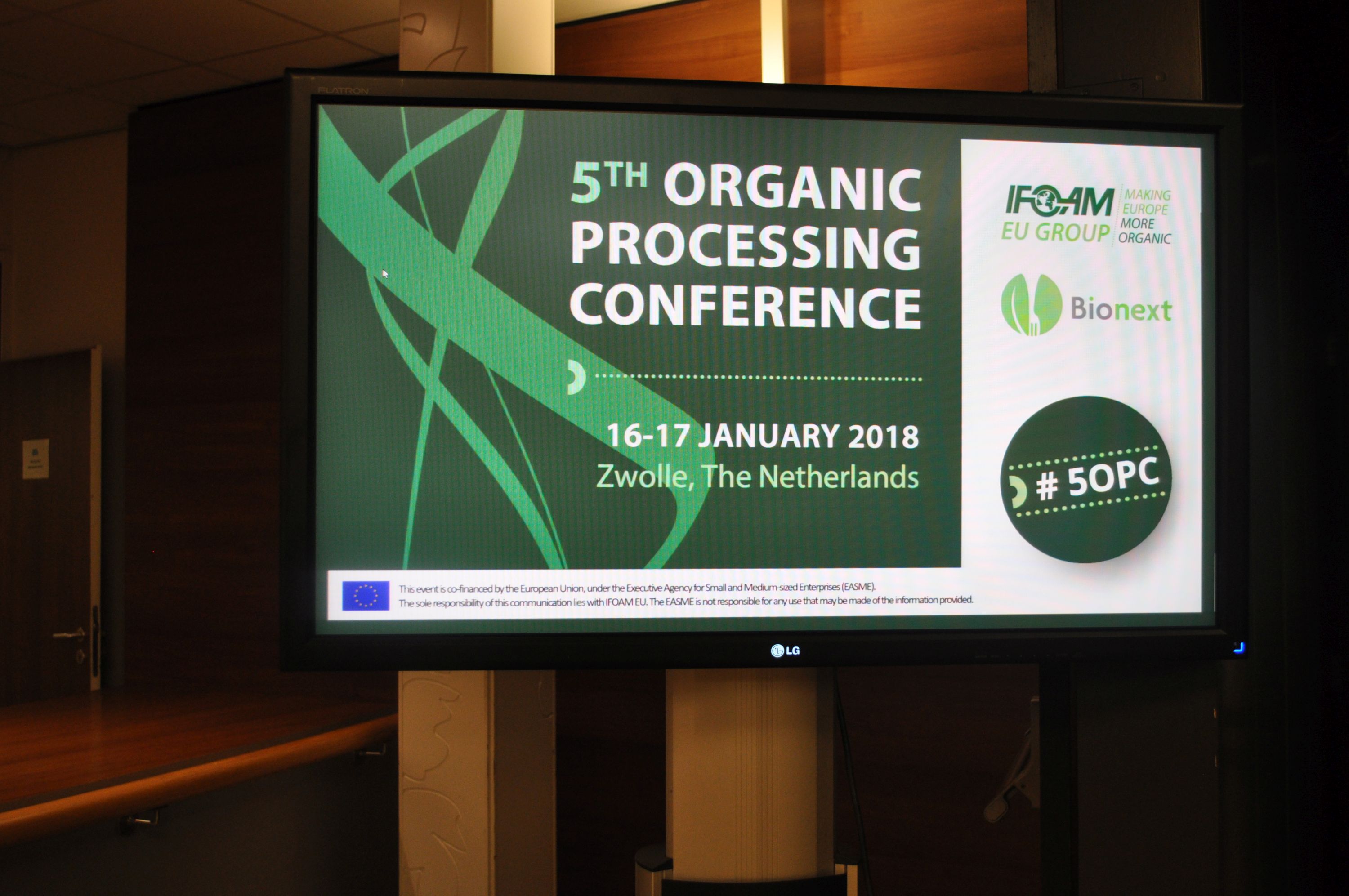
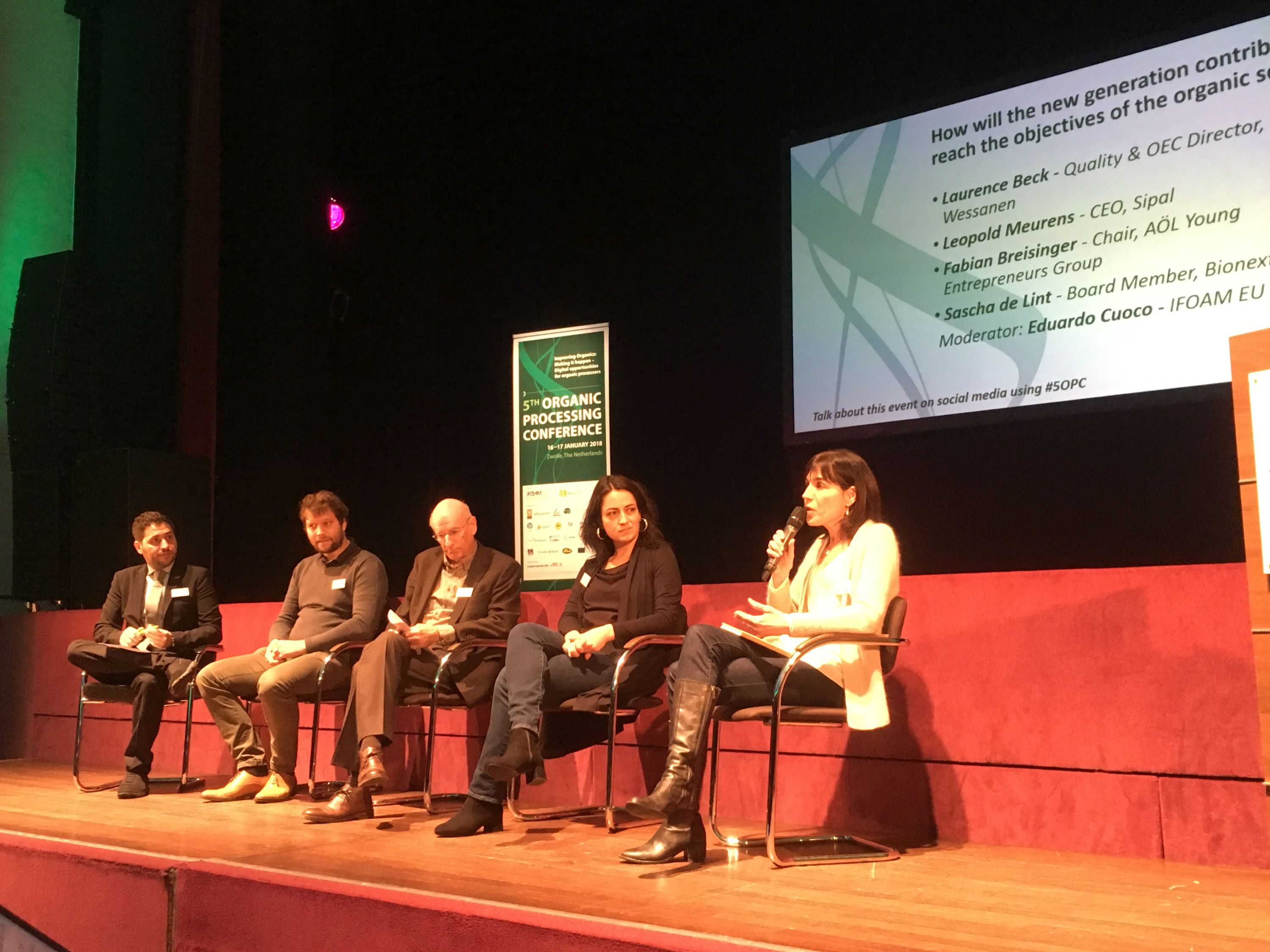
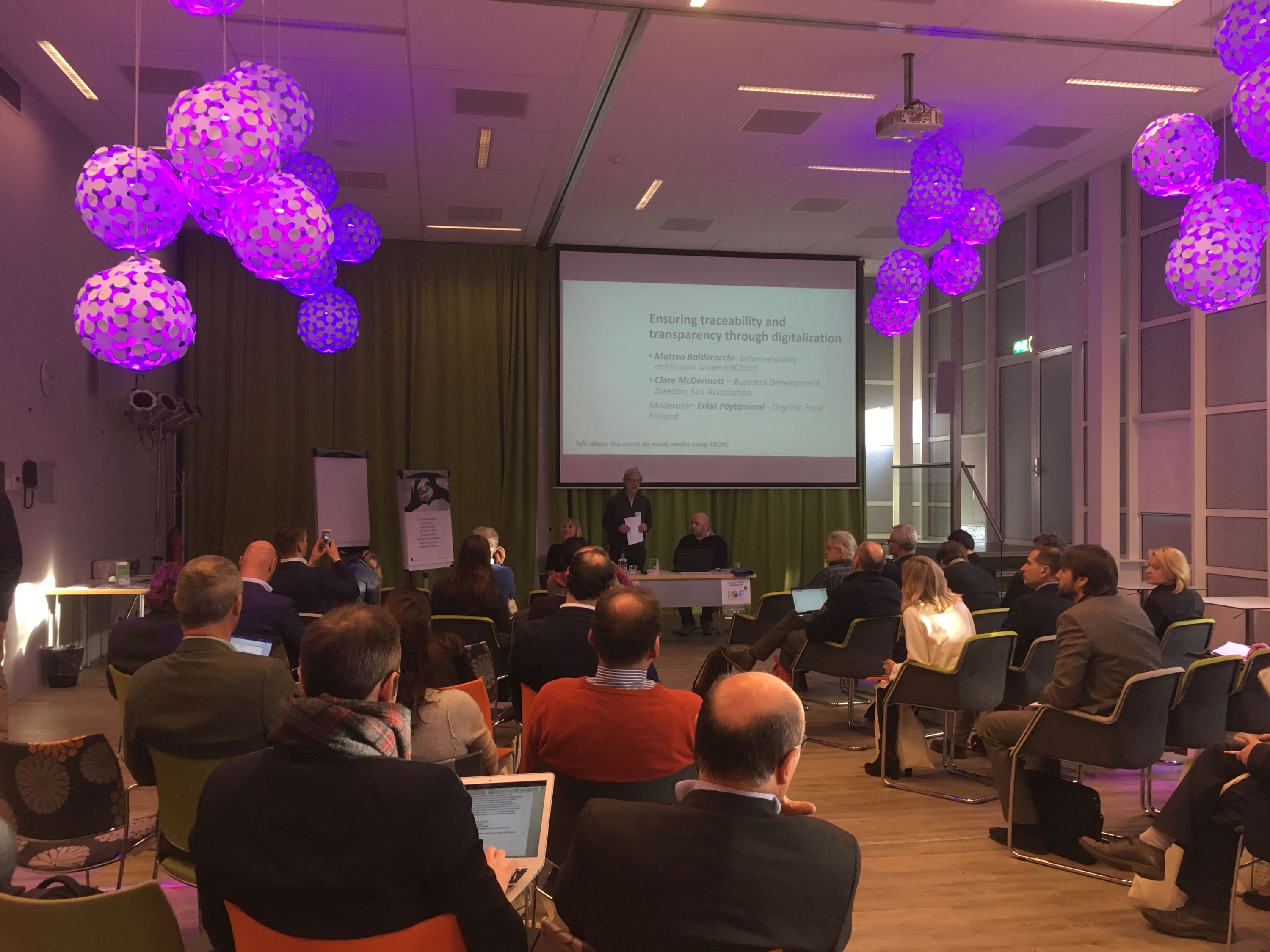
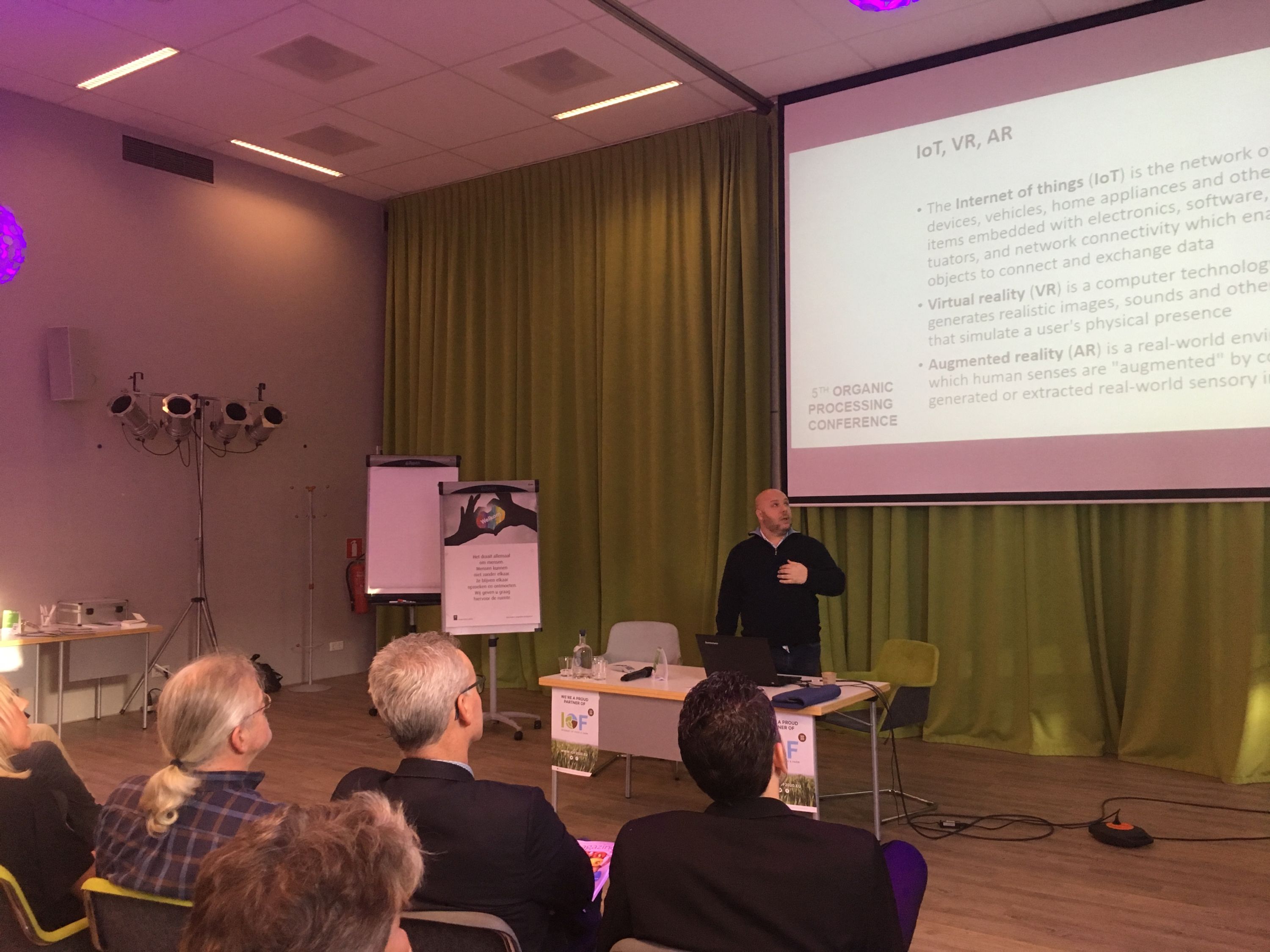
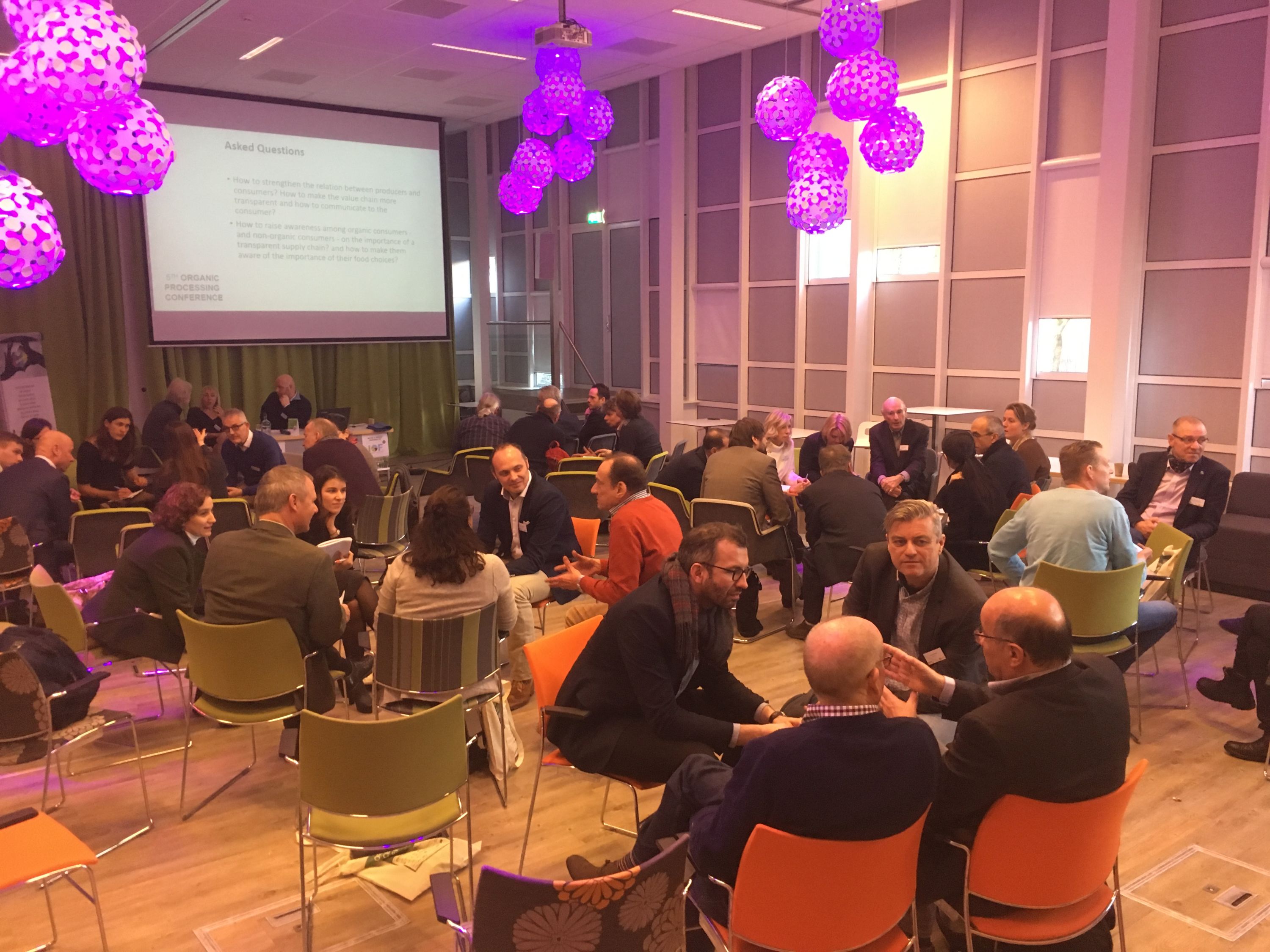
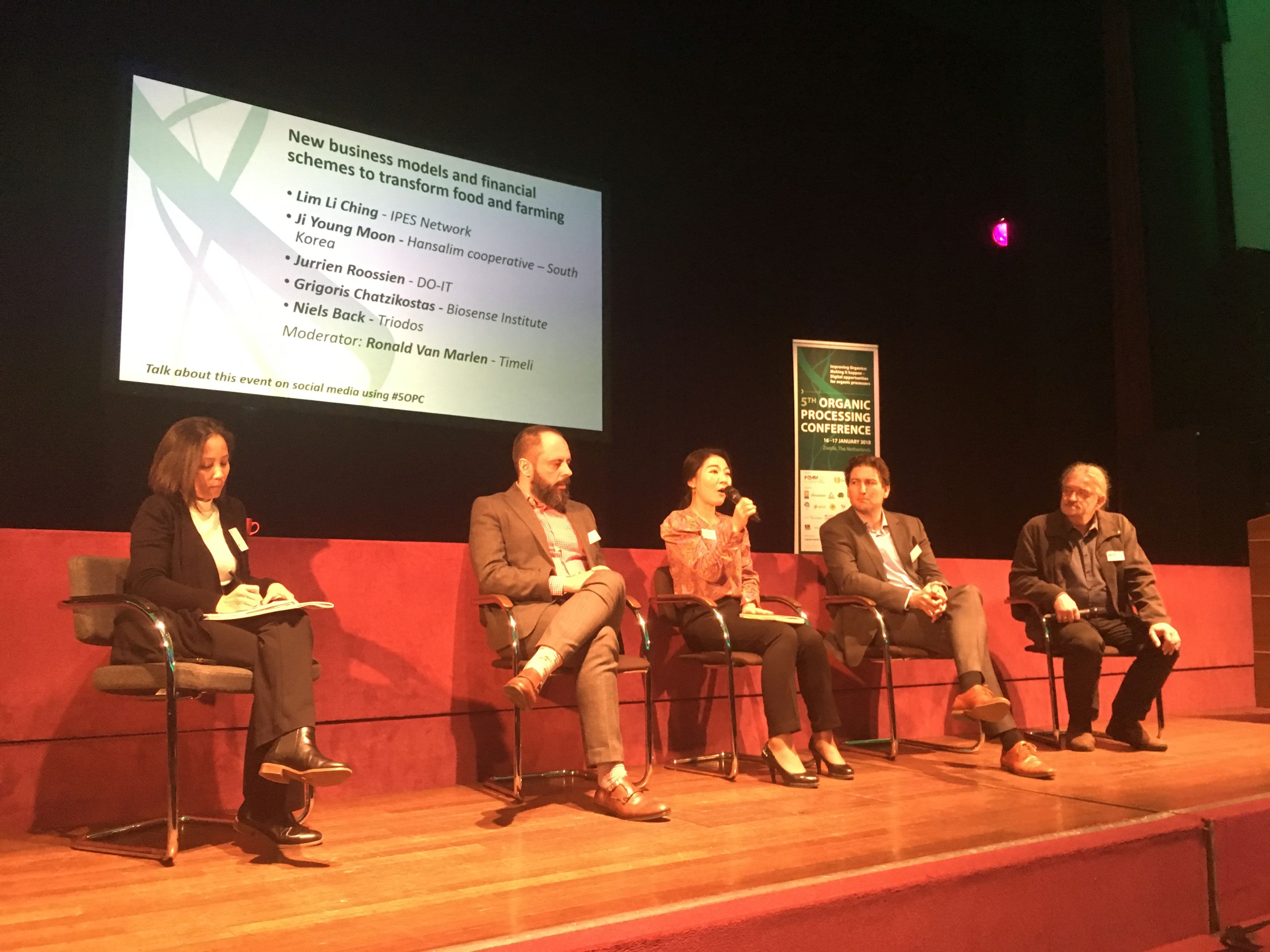
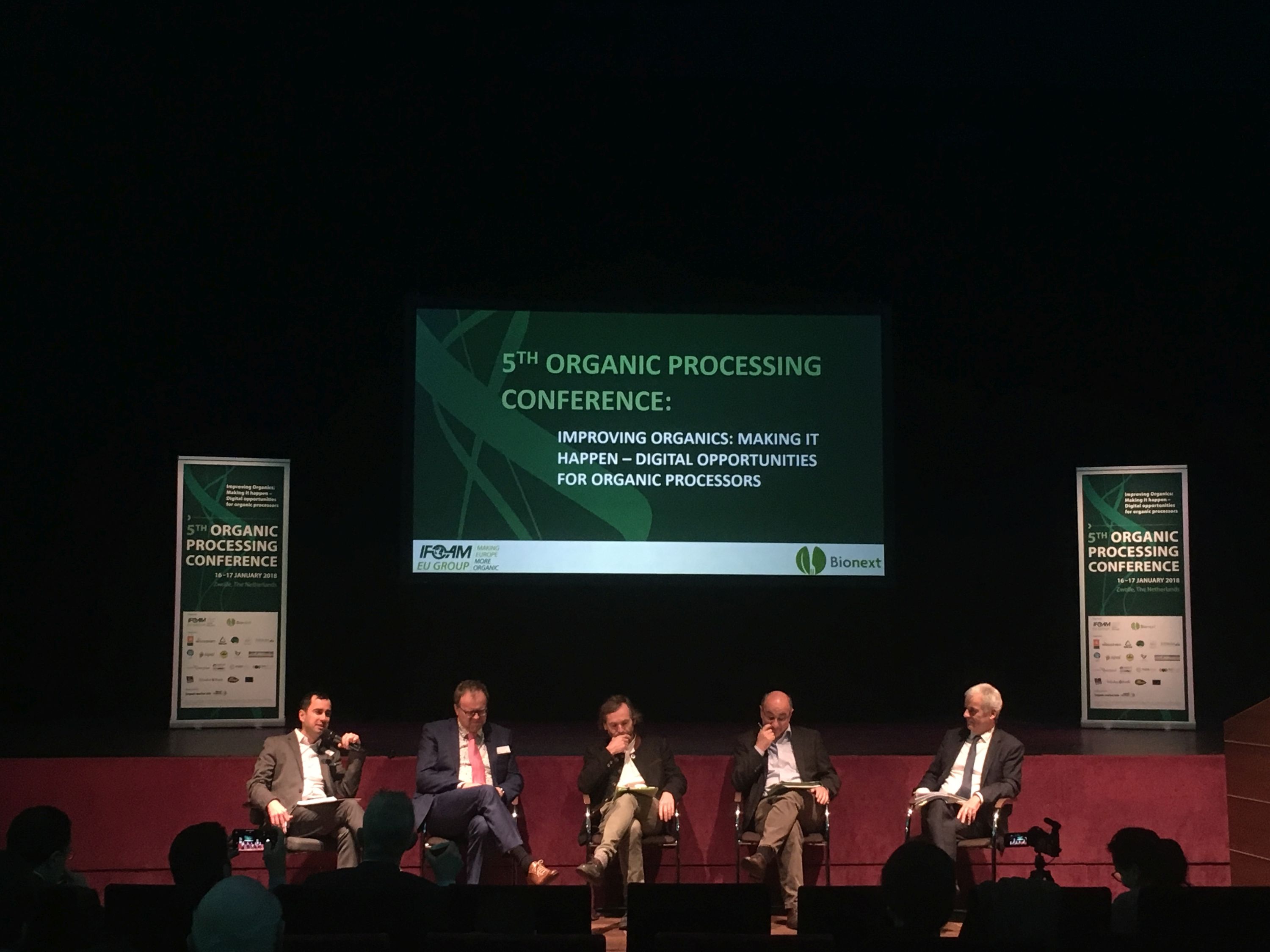
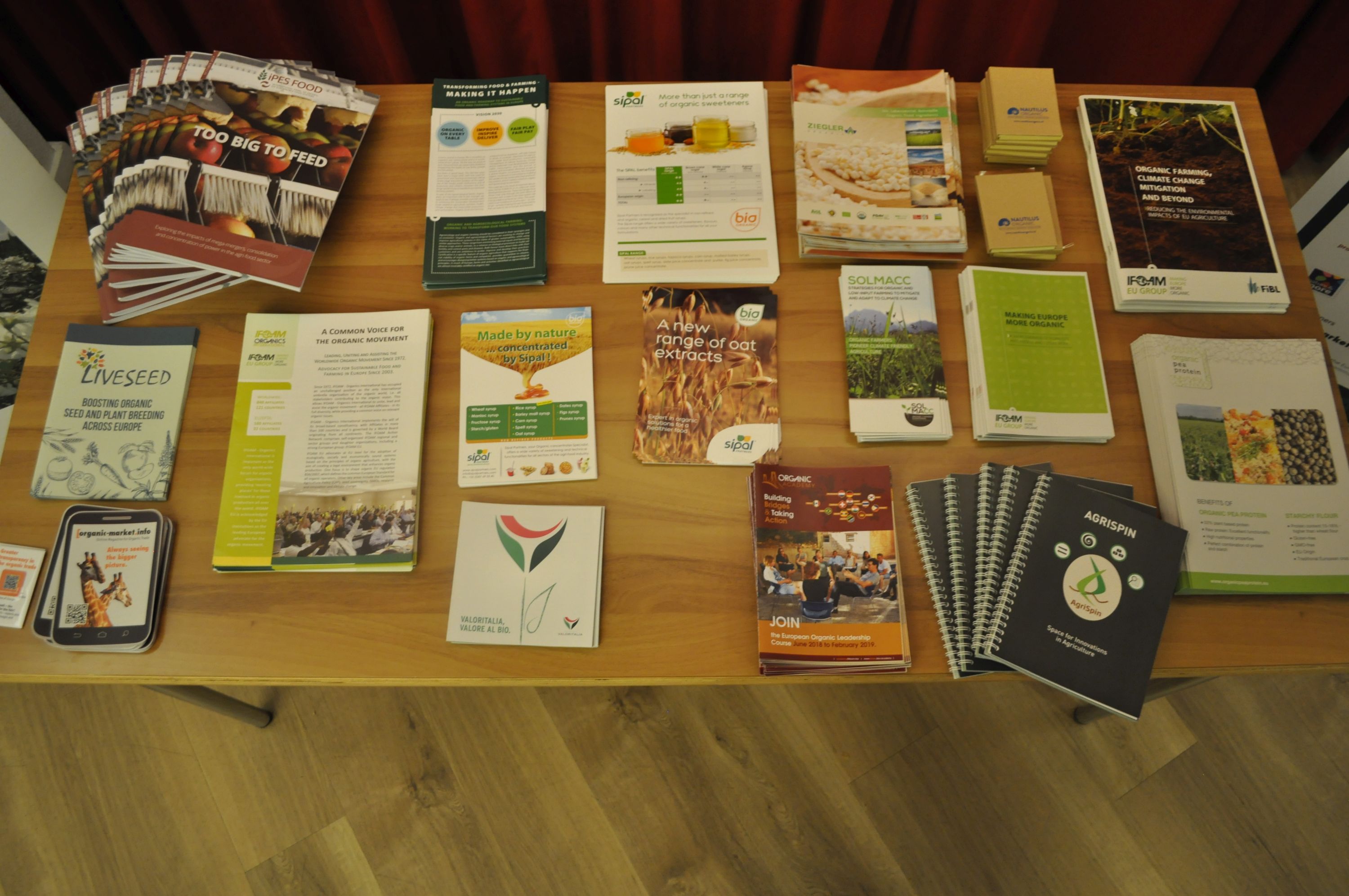
Building bridges within organic
Of course, you need a connected movement to ensure a transparent and fair supply chain. This is why we built enhanced dialogue between actors in the value chain by coordinating the ‘capacity building’ project to bring together representatives from Central and Eastern European countries.
Further, we organised ‘IFOAM EU meets business’, an event gathering the organic food industry in an interactive setting. The provided a platform to the IFOAM EU Interest Group of Organic Processors (IGOP) and interested food companies to discuss relevant topics in the organic sector, to share information and exchange on best practices, to understand each other’s perspectives and to touch base on technical issues.
We are happy to say that we involved food and farming actors and policy-makers at regional, national and European level to great success. We did this through our advocacy work, direct meetings with Members of the European Parliament (MEPs), like-minded NGOs our members, participation in relevant workshops and events, such as the Sustainable Foods Summit, and constant communication.
Of course we continued to collect initiatives that make the European organic food and farming sector fairer and more transparent on euorganic2030.bio. Find these initiatives on social media with #EUorganic2030 and #FairPlayFairPay.
